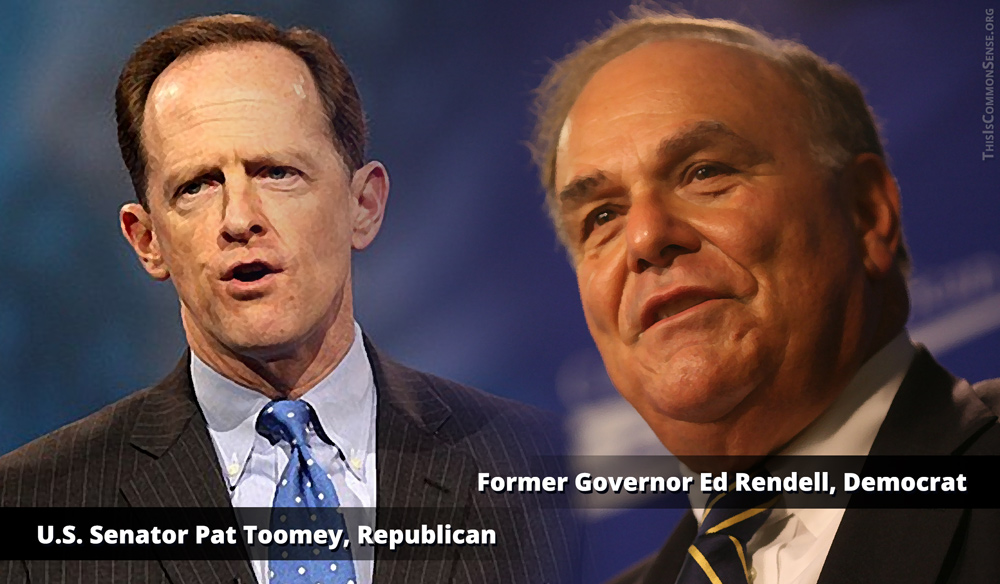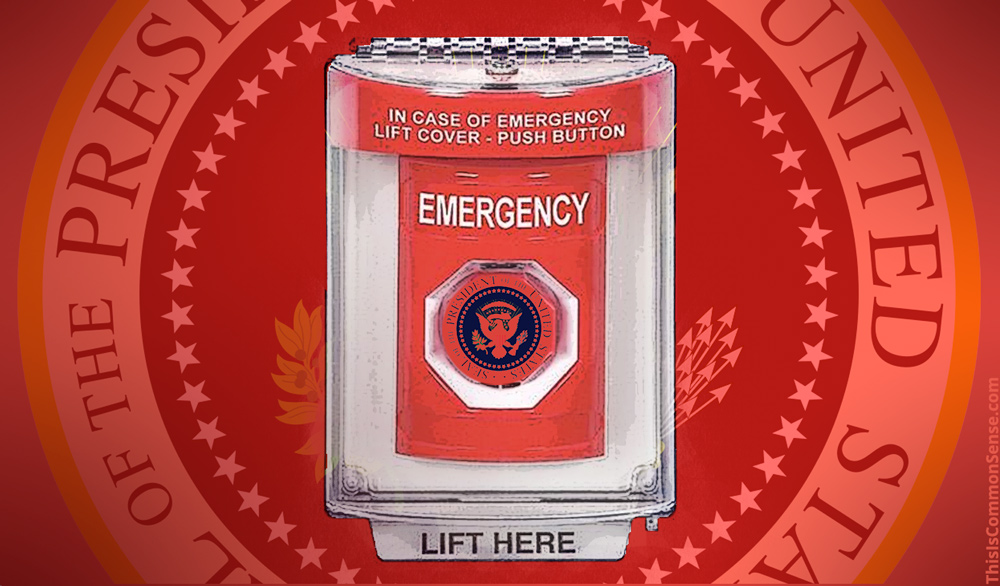They don’t read.
No one reads the legislation Congress passes, not the staffers and lobbyists who write “the packages” and congresspeople least of all, as again illustrated by the recent 5,593-page, $2.3 trillion pandemic-relief-plus-kitchen-sink bill just passed by Congress.
They haven’t for decades.
Nor do they care to.
James Bovard, expert reporter on the excesses of the modern individual-stomping state, says the new monster-bill “is another warning that know-nothing, no-fault legislating will be the death of our republic unless Americans can severely reduce Congress’s prerogative to meddle in their lives.”
Correct. Problem is, it’s Congress that must enact reform — on itself. Talk about a conflict of interest! That’s why the citizen initiative process has been so important at the state level. Without democratic checks — initiative, referendum, recall — at the federal level, what major reform is even possible?
All big, necessary reforms hit a roadblock on that issue alone.
That goes for limiting the page-length of bills or requiring legislation be posted online for days if not weeks before a vote.
Same for congressional term limits, which would de-insulate Congress from us.
And, just so, with the late columnist Bob Novak’s proposal of smaller districts, maybe increasing the number of U.S. representative to 2,000. (It wouldn’t cost taxpayers anything more if we cut their pay.) More politicians might be better than fewer by decreasing the power of individual politicians — diminishing marginal power, you might say.
We find ourselves in a trap. These ideas amount to ways to avoid the trap once we are out of it.
But it is getting out of the trap that’s the hard part.
Any ideas? Please advise. You can be sure your good ideas will be read — not by Congress, of course, but by those of us who want a way out.
This is Common Sense. I’m Paul Jacob.
—
See all recent commentary
(simplified and organized)









